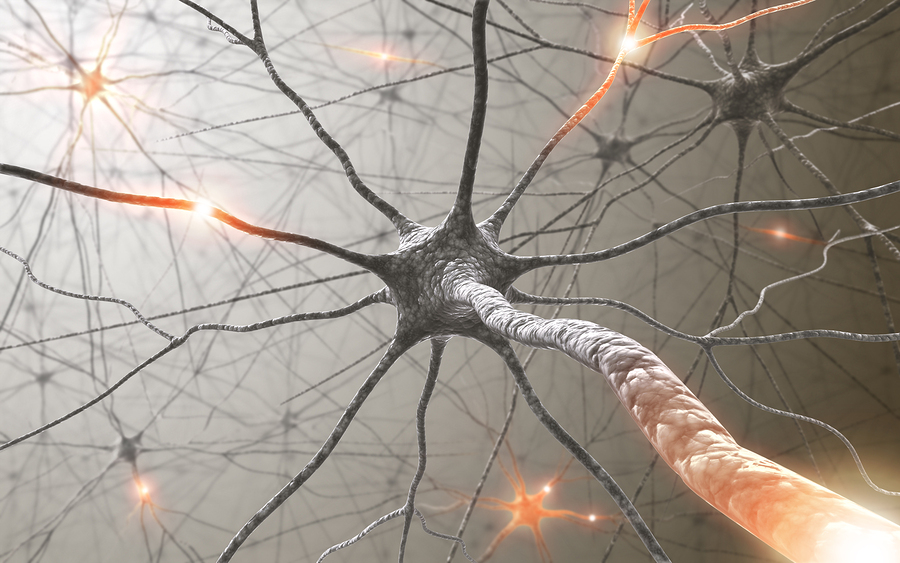A new study, published in Cerebral Cortex, has found that there are changes in the brain electrical activity of infants who have been exposed to SSRI antidepressants during pregnancy. What the researchers found is comparable to effects found in previous animal studies; the changes are associated with less-organized communication between the brain’s hemispheres. Given this new info, researchers are calling for, “more critical evaluations of the prescription of antidepressants during pregnancy and suggest that non-pharmacologic and therapeutic alternatives should be the preferred treatment.”
From the article:
“SSRI antidepressants are commonly prescribed for the treatment of depression and anxiety, among other diagnoses. As the use of these drugs has climbed precipitously in children and adults, so too has their use among pregnant women. While current medical guidelines suggest psychotherapy as a first-line treatment for pregnant women, it is currently estimated that somewhere between 6% and 15% of all women are prescribed antidepressants during pregnancy.”
And yet, the use of antidepressants in pregnancy has been linked to a number of severe side effects. Several studies have shown that exposure to the drug in utero can lead to:
- Increased risk for preterm birth
- Low birth weight
- Infant convulsions
- Cardiovascular defects
- Excessive brain fluid at birth
- Smaller head size, and other congenital defects
- New research also links prenatal antidepressant exposure to developmental issues like low Apgar scores, neonatal adaptation syndrome, risk of autism spectrum disorder, and cognitive developmental issues.
While research has been done on the potential risks, less has been done in the field of experimental neuroscience to examine the effects of the drugs on fetal brain development. But another new study, from researchers associated with the BABA center at the University of Helsinki’s Children’s Hospital, is looking at separating the drug-related effects on the infant’s brain from environmental and relational developments that happen after birth.
Using 84 mothers (22 on SSRIs and 62 controls), researchers conducted structured behavioral assessments of their newborns and found only minor affects associated with the drugs. But, when they did neurophysiological testing, researchers found lower levels of “global integration,” “interhemispheric connectivity,” and “local cross frequency integration” in those newborns who were exposed to SSRIs in utero. And, the effects appeared to outlast the known period of immediate withdrawal common to such newborns.
The team said, “This is the first study to show that prenatal SRI exposure in humans can affect the newborn cortical function beyond the acute withdrawal period. Our detailed quantitative, computational EEG analyses indicated SRI-related effects in both focal and global brain activity.”
We need to destigmatize mental illness and make help more accessible. If you are pregnant or thinking about getting pregnant and are currently taking SSRI’s, please talk to your doctor about ALL your options.
Source: Mad In America












